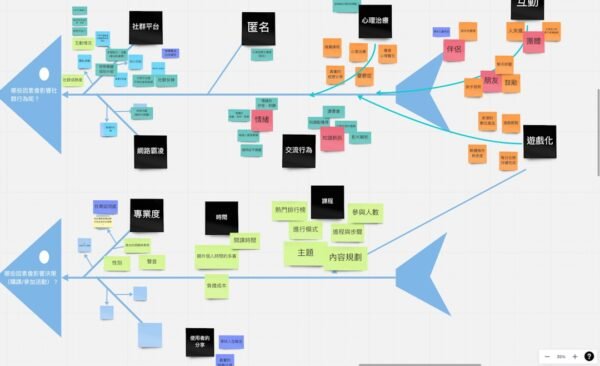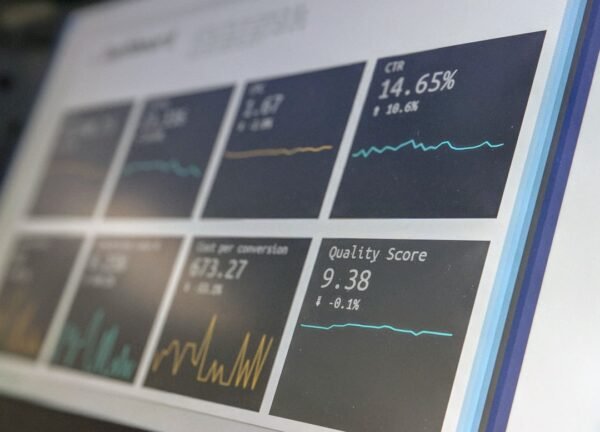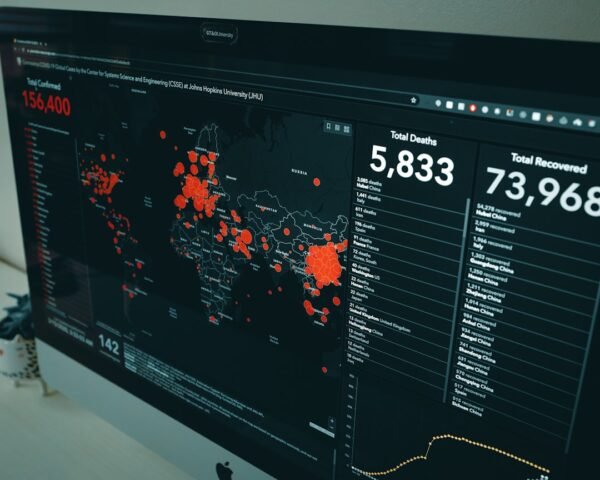In an era where digital transformation is reshaping industries, the intersection of cybersecurity and artificial intelligence (AI) has emerged as a critical focal point. Cybersecurity, the practice of protecting systems, networks, and programs from digital attacks, is increasingly challenged by the sophistication of cyber threats. As organizations become more reliant on technology, the potential for […]
Optimizing Human Resources and Talent Management Using AI
The integration of artificial intelligence (AI) into human resources (HR) and talent management has revolutionized the way organizations approach workforce management. As businesses strive to enhance efficiency, reduce costs, and improve employee experiences, AI technologies have emerged as powerful tools that can streamline various HR functions. From recruitment to performance management, AI is reshaping traditional […]
Automating Financial Processes with AI for Cost Reduction
The integration of artificial intelligence (AI) into financial processes has revolutionized the way organizations manage their financial operations. One of the most significant benefits of automating these processes is the enhancement of efficiency. By leveraging AI technologies, businesses can streamline repetitive tasks, allowing finance teams to focus on more strategic initiatives. For instance, AI can […]
Generative AI and Its Influence on Product Design Innovation
Generative AI refers to a class of artificial intelligence algorithms that can create new content, designs, or solutions based on existing data. Unlike traditional AI, which primarily focuses on recognizing patterns and making predictions, generative AI goes a step further by generating novel outputs that can range from text and images to complex designs and […]
Impact of Artificial Intelligence on Marketing and Brand Engagement
Artificial Intelligence (AI) has emerged as a transformative force in the marketing landscape, reshaping how brands interact with consumers and optimize their strategies. The integration of AI technologies into marketing practices has enabled businesses to analyze vast amounts of data, automate processes, and deliver personalized experiences at an unprecedented scale. From predictive analytics to customer […]
Affordable AI Solutions Tailored for Small Business Success
Artificial Intelligence (AI) has emerged as a transformative force across various sectors, and its significance for small businesses cannot be overstated. In an era where competition is fierce and consumer expectations are continually evolving, small businesses must leverage every available tool to remain relevant and competitive. AI offers a suite of technologies that can help […]
How AI Is Shaping the Future of Supply Chain Management
Artificial Intelligence (AI) has emerged as a transformative force across various industries, and supply chain management is no exception. The integration of AI technologies into supply chain operations has revolutionized traditional practices, enabling organizations to enhance efficiency, reduce costs, and improve customer satisfaction. By leveraging machine learning, data analytics, and automation, businesses can optimize their […]
Leveraging AI for Predictive Analytics and Business Growth
The emergence of artificial intelligence (AI) has significantly transformed various sectors, with predictive analytics being one of the most impacted areas. Over the past decade, organizations have increasingly recognized the potential of AI to analyze vast amounts of data and generate insights that were previously unattainable. This shift has been driven by advancements in machine […]
The Role of AI in Revolutionizing Retail Industry Practices
The retail industry has undergone a significant transformation in recent years, largely driven by advancements in artificial intelligence (AI). As consumer expectations evolve and competition intensifies, retailers are increasingly turning to AI technologies to enhance their operations and improve customer engagement. From personalized shopping experiences to streamlined supply chains, AI is reshaping how retailers interact […]
Enhancing Customer Experiences Through Artificial Intelligence
Artificial Intelligence (AI) has emerged as a transformative force in the realm of customer experiences, reshaping how businesses interact with their clientele. The integration of AI technologies into customer service and engagement strategies has enabled organizations to deliver more personalized, efficient, and responsive interactions. From chatbots that provide instant support to sophisticated algorithms that analyze […]


















